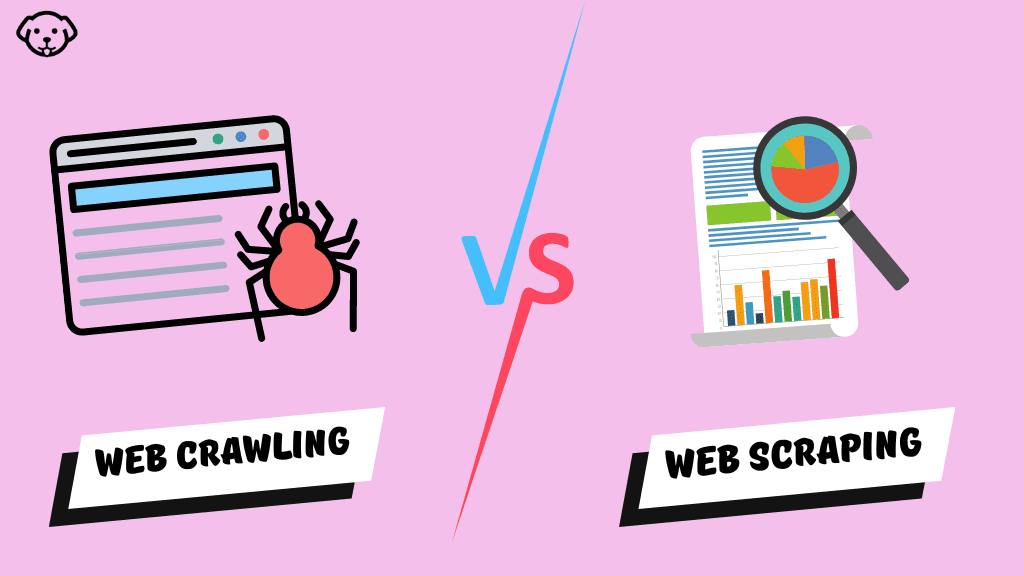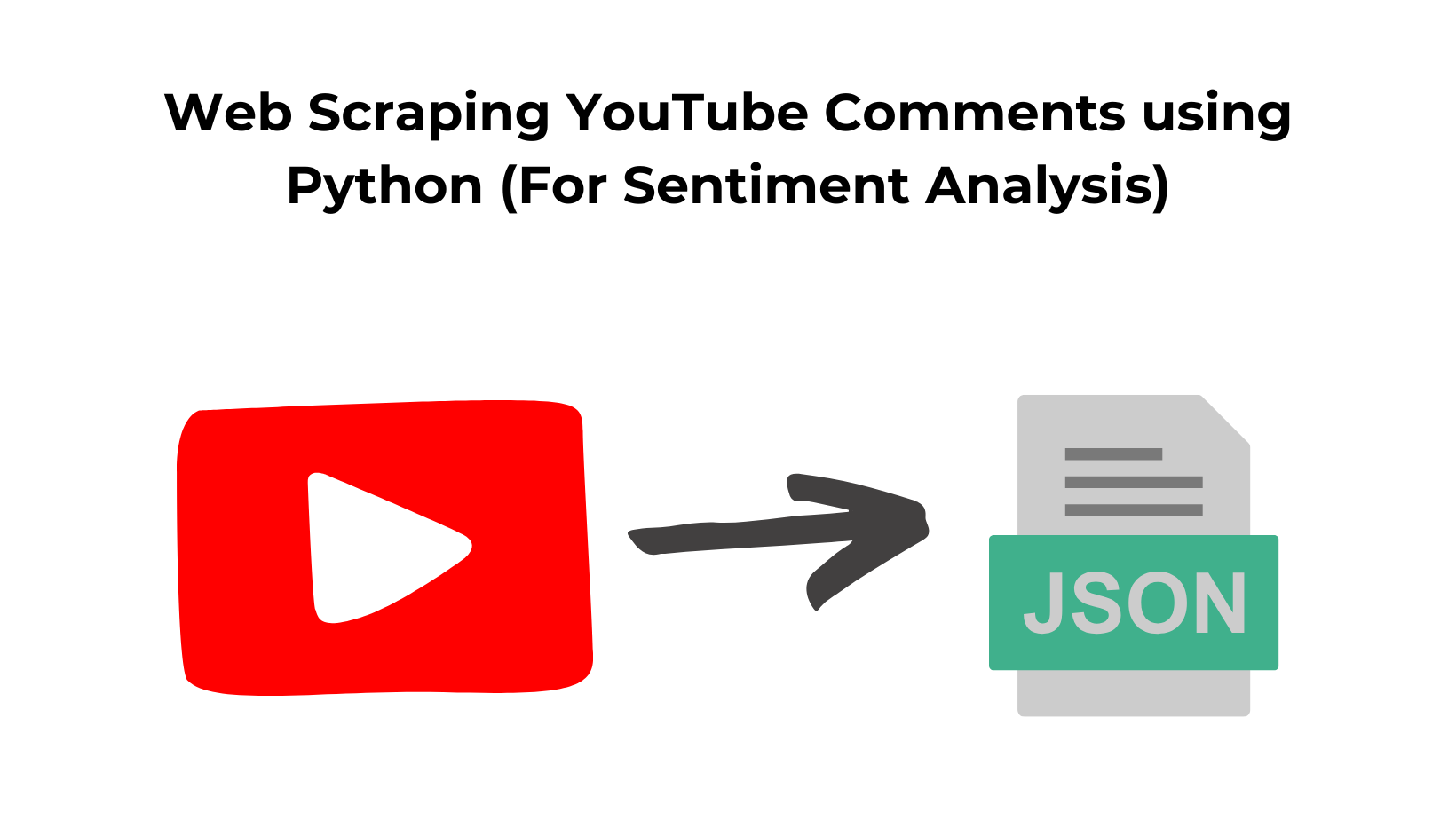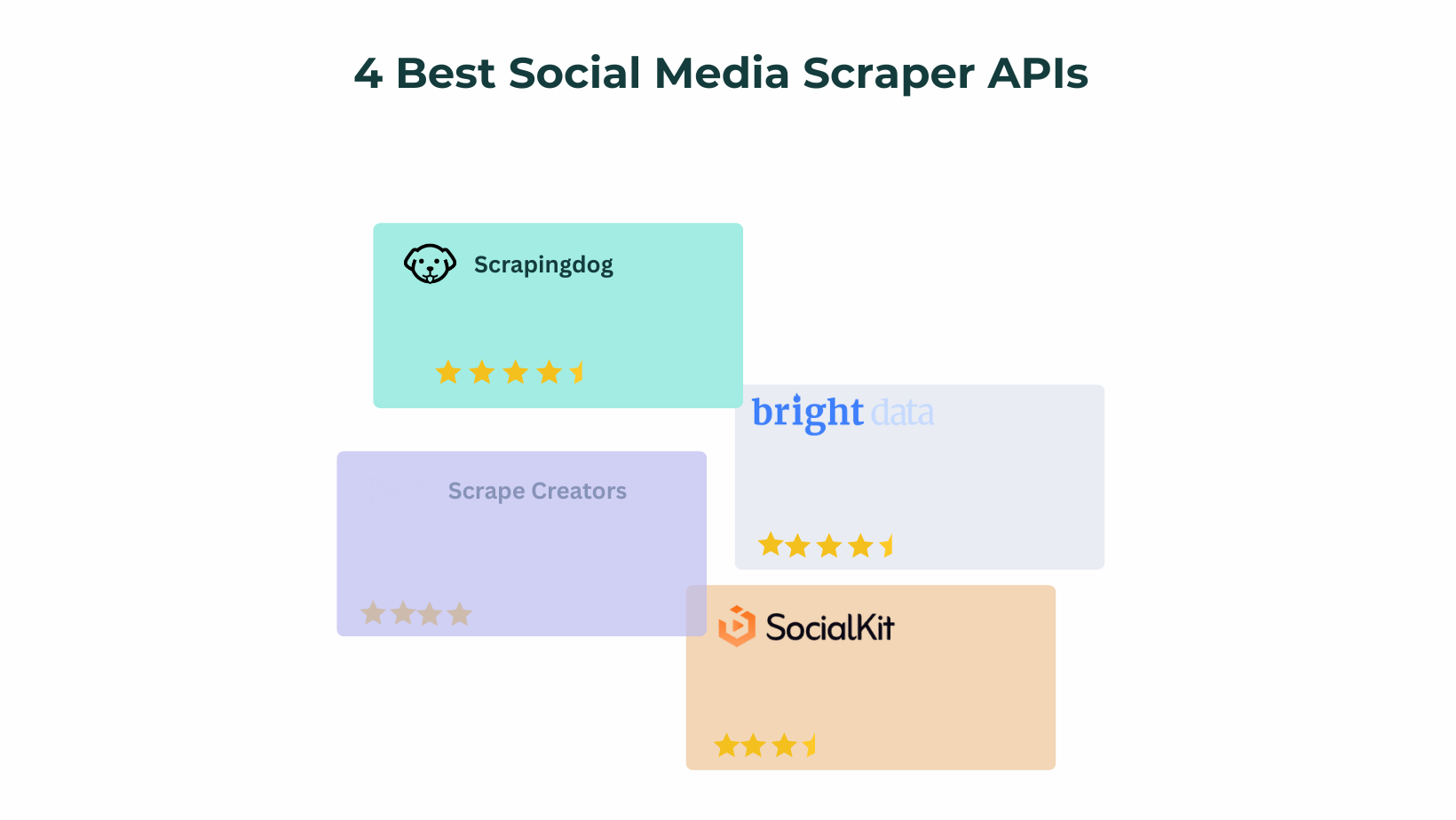Web Crawling and Web Scraping are two words that are often used interchangeably and people do not recognize that the two are different from one another. They might share many similarities and work on the same base, yet there is a huge difference.
In this article, we have conducted Web scraping vs. Web crawling covering all the points of difference between the two. Dive into the article to understand both terms in a better way.
To begin with, let’s start by understanding all about Web Scraping.
What is Web Scraping?
Web Scraping is the process of extraction of data from a website or webpage. It is an automated method of extracting data into specific datasets using bots. The desired information is collected separately in a new file format.
Once the desired information is scraped through the webpage, it is further used for analysis, comparisons, and verification based on a business’s goals. This is an effective tool that many business owners use to optimize and plan their business operations in a better way.
Benefits of Using Web Scraping
Following are the benefits of using web scraping for your business and how they help you optimize your functions.
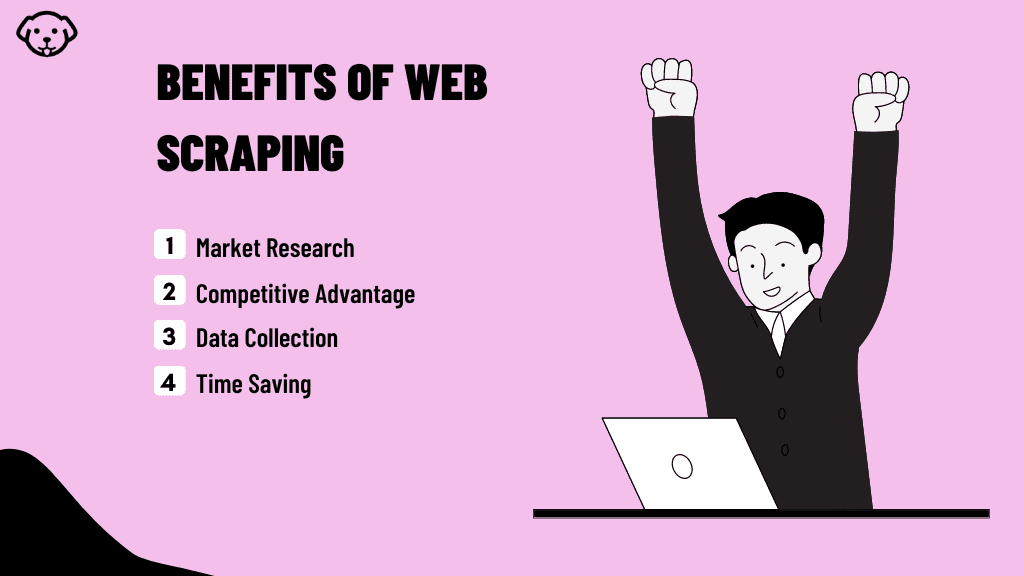
To Conduct Research
Data plays a crucial role in any industry and holds the dynamic capability of transforming business operations for advancements. Since web scraping provides them the ability to collect user data in real time, identify behavioral patterns, and identify the specific target audience, it acts as a game-winning tool.
Market Analysis
To advance the cut-throat competition in the market, it is important for business owners to continuously perform market analysis to maintain an edge.
Relevant data that allows an insight into the key factors such as pricing trends, reviews, special offers, inventory, etc., has been a boon for the industry leaders.
Know More: How Web Scraping Can Help in Market Research!!
Filters Your Web Search
By selecting and pinpointing the exact information that is useful to you, Web scraping makes the work a lot easier. This can help you save time, effort, and money over a long period.
What is Web Crawling?
Web Crawling is the process of reading and storing all of the content on a website using bots for indexing purposes. Many search engines such as Google crawl through the information on web pages to index it for ranking.
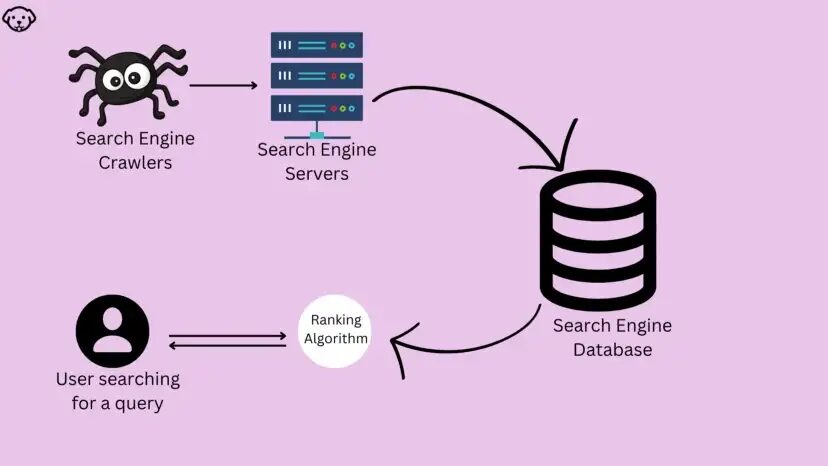
This process is usually done on a large scale mostly by search engines and captures generic information. The crawlers go through every page on a website rather than a subset of pages.
Thus, when you search anything on the search engine, they use web crawling to find all the relative links based on your search query.
Read More: Web Crawling with Python
Benefits of Data Crawling
Data Crawling has great benefits and is used for various purposes that further aid businesses and search engines in enhancing their process. The following are listed below-
Collects In-Depth Information
Web Crawling is an effective method to obtain in-depth information on every page. The Internet world has tons of information published online.
Web Crawling Benefits search engines with the deep underbelly content of every target page.
Provides Real-Time Information
Web Crawling is more adaptable to current events and helps businesses to collect real-time information on their target data sets.
Reliable Quality
You can rely on Web Crawlers to provide you with good-quality content that you can trust. By getting the right kind of information at the right time, you can take advantage of your competition.
Major Output Difference Between Web Scraping and Web Crawling
While both the Web Scraping and Web Crawling tools deal with data collection, they are unique in their output result. One can noticeably agree that the results generated by both tools are different.
Web Crawling outperforms its functions to typically list URLs. There might be other fields of information but predominantly, URLs are the major by-product.
In the case of Web Scraping, the major output focuses on broader information other than URLs. This might include a study of customer reviews, competitor product star ratings, product price, and other relative outputs.
Challenges For Web Scraping and Web Crawling
Even after being so advanced and effective in the relative data extraction field, both Web Scraping and Web Crawling tools face great challenges. These challenges act as a barrier in the working and procedure of these functions. Following are some of the challenges that hinder the process –
Blockage in Data Access
Many websites today use anti-scraping and anti-crawling policies which makes it quite challenging for businesses to do the job.
Labour-Intensive
Performing data crawling or scraping at a large scale can be resource-intensive. Resources include proxies, engineers, etc. So, companies operating on a large base will require high-cost inputs to continue the process.
IP Blockage
Websites that can be easily targeted can easily provide you with the target data sets. But there might be some websites(google, amazon, indeed, etc) that restrict IP addresses to prevent them from performing any web scraping or crawling. This could be a major challenge for the process performers.
Crawler Trap
A Crawler trap misguides web crawlers and scrapers to fetch malicious pages such as spam links. The crawler works on the malicious links and gets stuck in the dynamically generated spam links. This way it enters an infinite loop and gets trapped.
I have explained the challenges of web scraping in detail here. Do check it out!!
Conclusion
To sum it up, Web Crawling is the data indexing process while Data Scraping is a data extraction process. Data Scraping helps businesses with the information they need to optimize their business functions.
It is relatively used for a targeted and personal approach to getting a hold of real-time data. While in the case of Web Crawling the bot or crawlers scan the information present on the web pages to identify its URL for indexing and further ranking purposes.
But the common part with both of them is IP blocking. To overcome this you should use Web Scraping API which can help you overcome any blockage and will help you maintain your data stream
I hope now you have a good idea of the difference between the two. Please do share this blog on your social media platforms. Let me know if you have any scraping-related queries. I would be happy to help you out.
Additional Resources
Here are a few additional resources that you may find helpful during your web scraping journey:
